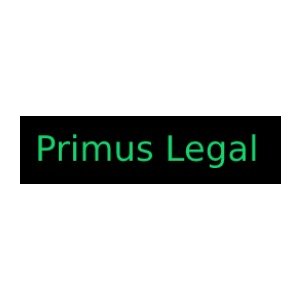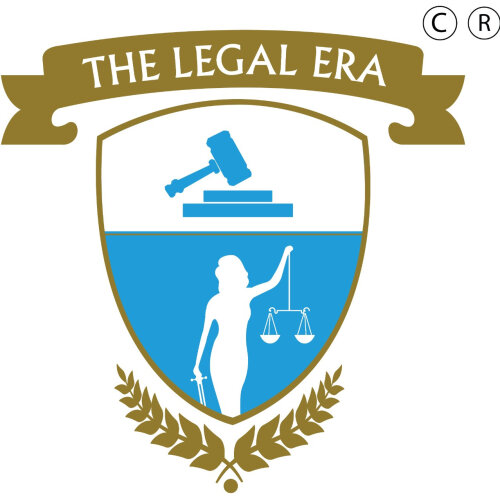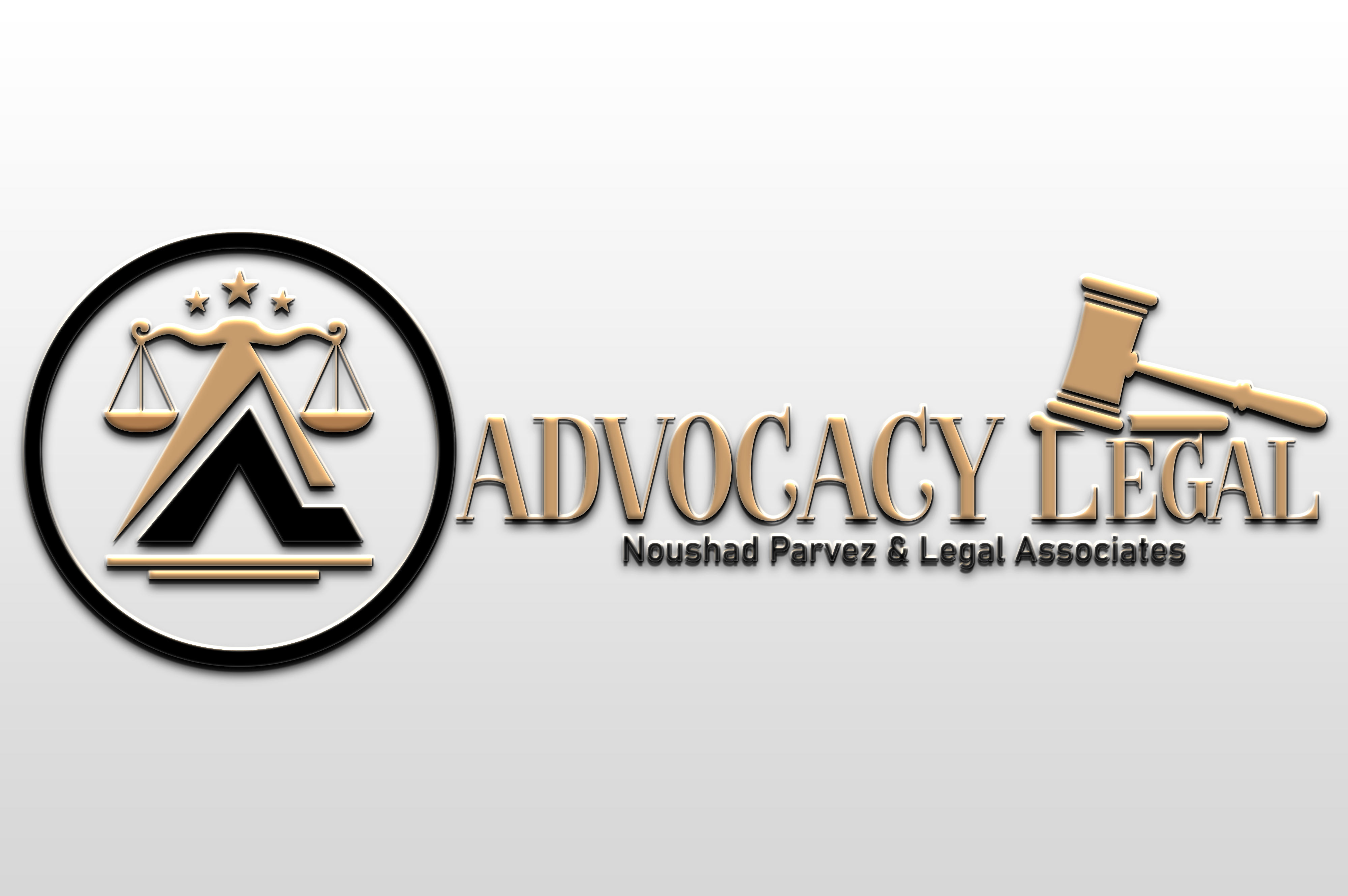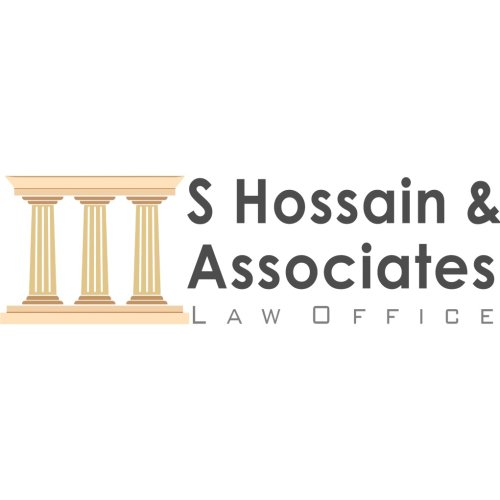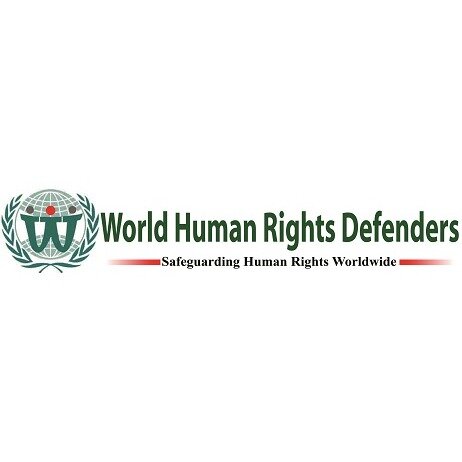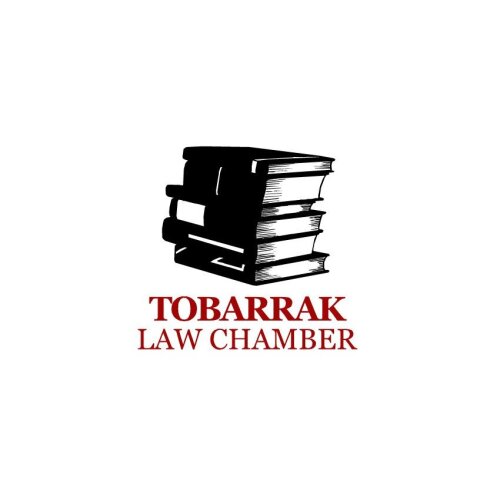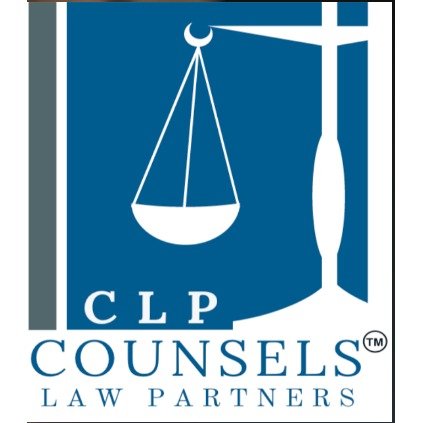Best Criminal Litigation Lawyers in Bangladesh
Share your needs with us, get contacted by law firms.
Free. Takes 2 min.
Or refine your search by selecting a city:
List of the best lawyers in Bangladesh
About Criminal Litigation Law in Bangladesh
Criminal Litigation in Bangladesh involves the legal processes surrounding the prosecution and defense of individuals accused of committing a crime. The country’s legal system is based on common law, and the primary source of criminal law in Bangladesh is the Penal Code of 1860. Criminal litigation encompasses everything from minor offenses to serious felonies, and it ensures that justice is served while respecting the rights of the accused.
Why You May Need a Lawyer
There are several situations where you may require legal assistance in criminal litigation. These include being charged with a criminal offense, being investigated for alleged criminal activity, or seeking to press charges against another individual. A lawyer specializing in criminal law can provide expert guidance, represent you in court, and help safeguard your rights throughout the legal proceedings.
Local Laws Overview
The legal landscape of criminal litigation in Bangladesh is governed by several key laws and regulations, including:
- Penal Code of 1860: Defines the crimes and corresponding punishments.
- Code of Criminal Procedure (CrPC), 1898: Establishes the procedures for the investigation and trial of criminal offenses.
- The Evidence Act of 1872: Provides the framework for evidentiary rules in court proceedings.
- The Juvenile Justice System: Addresses crimes committed by minors under separate legislation.
These laws collectively ensure that individuals accused of crimes are treated fairly, with opportunities to defend themselves, while also maintaining public safety and order.
Frequently Asked Questions
What constitutes a criminal offense in Bangladesh?
A criminal offense is defined by the Penal Code and includes conduct that is harmful to individuals or society, such as theft, assault, fraud, or murder.
What should I do if I am accused of a crime?
If accused of a crime, it is crucial to seek legal advice immediately. A lawyer can guide you through the process, help you understand your rights, and represent your interests.
Can I represent myself in a criminal trial?
While you have the right to represent yourself, it is not advisable due to the complexity of legal procedures and the potential for significant legal consequences.
What are my rights if I am arrested?
You have the right to remain silent, the right to be informed of the charges against you, and the right to legal representation.
How long does a criminal trial typically last?
The duration of a trial can vary significantly based on the complexity of the case, the number of witnesses, and the efficiency of the court proceedings.
What is bail and how can it be obtained?
Bail is the temporary release of an accused person awaiting trial, often for a sum of money or a surety provided. It can be obtained by applying to the court.
What does a plea bargain involve?
A plea bargain is an agreement between the defendant and prosecutor where the defendant pleads guilty to a lesser charge in exchange for a lighter sentence.
Will I have a criminal record if I am acquitted?
No, being acquitted means you are found not guilty, and you will not have a criminal record as a result of those charges.
How can I press charges against someone?
To press charges, you can file a report with the police or seek the advice of a lawyer who can guide you through the necessary legal procedures.
What should I expect during a court appearance?
You should expect to present your case, potentially testify, and respond to questions from the judge and lawyers. Your lawyer will guide you in preparation and conduct during the trial.
Additional Resources
For more information, individuals in need can contact or visit the following resources:
- Bangladesh Bar Council: The regulatory and licensing authority for lawyers in Bangladesh.
- Ministry of Law, Justice and Parliamentary Affairs: Offers information on legal frameworks and reforms.
- District Level Legal Aid Committees: Provide free legal assistance to those unable to afford it.
Next Steps
If you find yourself in need of legal assistance in criminal litigation, consider taking the following steps:
- Immediately consult with a qualified criminal litigation lawyer to discuss your case.
- Gather relevant documentation and evidence pertaining to your situation.
- If financially constrained, explore legal aid options available in your district.
- Remain informed, follow your lawyer's advice, and stay engaged throughout the legal process.
Taking prompt and informed action will help protect your rights and position in any criminal litigation matter in Bangladesh.
Lawzana helps you find the best lawyers and law firms in Bangladesh through a curated and pre-screened list of qualified legal professionals. Our platform offers rankings and detailed profiles of attorneys and law firms, allowing you to compare based on practice areas, including Criminal Litigation, experience, and client feedback.
Each profile includes a description of the firm's areas of practice, client reviews, team members and partners, year of establishment, spoken languages, office locations, contact information, social media presence, and any published articles or resources. Most firms on our platform speak English and are experienced in both local and international legal matters.
Get a quote from top-rated law firms in Bangladesh — quickly, securely, and without unnecessary hassle.
Disclaimer:
The information provided on this page is for general informational purposes only and does not constitute legal advice. While we strive to ensure the accuracy and relevance of the content, legal information may change over time, and interpretations of the law can vary. You should always consult with a qualified legal professional for advice specific to your situation.
We disclaim all liability for actions taken or not taken based on the content of this page. If you believe any information is incorrect or outdated, please contact us, and we will review and update it where appropriate.
Browse criminal litigation law firms by city in Bangladesh
Refine your search by selecting a city.




